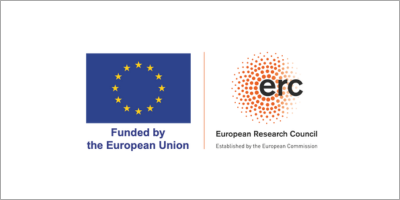PaCE
Forecasting Geopolitical Risk
180+
Countries
259,000
Sub‑national Areas
6
Months Ahead
Scroll to explore

PaCEPatterns of Conflict Escalation
A research lab at Trinity College Dublin using machine learning to forecast conflict fatalities at the country and sub‑national level.
We combine transparent methods, rich data, and clear communication to support early warning and decision‑making.
Explore Our Forecasts
View interactive dashboards with conflict risk forecasts for 180+ countries and 259,000 Sub‑national Areas, updated monthly with predictions up to 6 months ahead.
About
Discover PaCE’s mission and research focus, and how our ERC‑funded work at Trinity College Dublin advances conflict forecasting.
Learn More
Acknowledgements: Funding
This project has received funding from the European Research Council (ERC) under the European Union’s Horizon 2020 research and innovation programme (grant agreement No 101002240)
